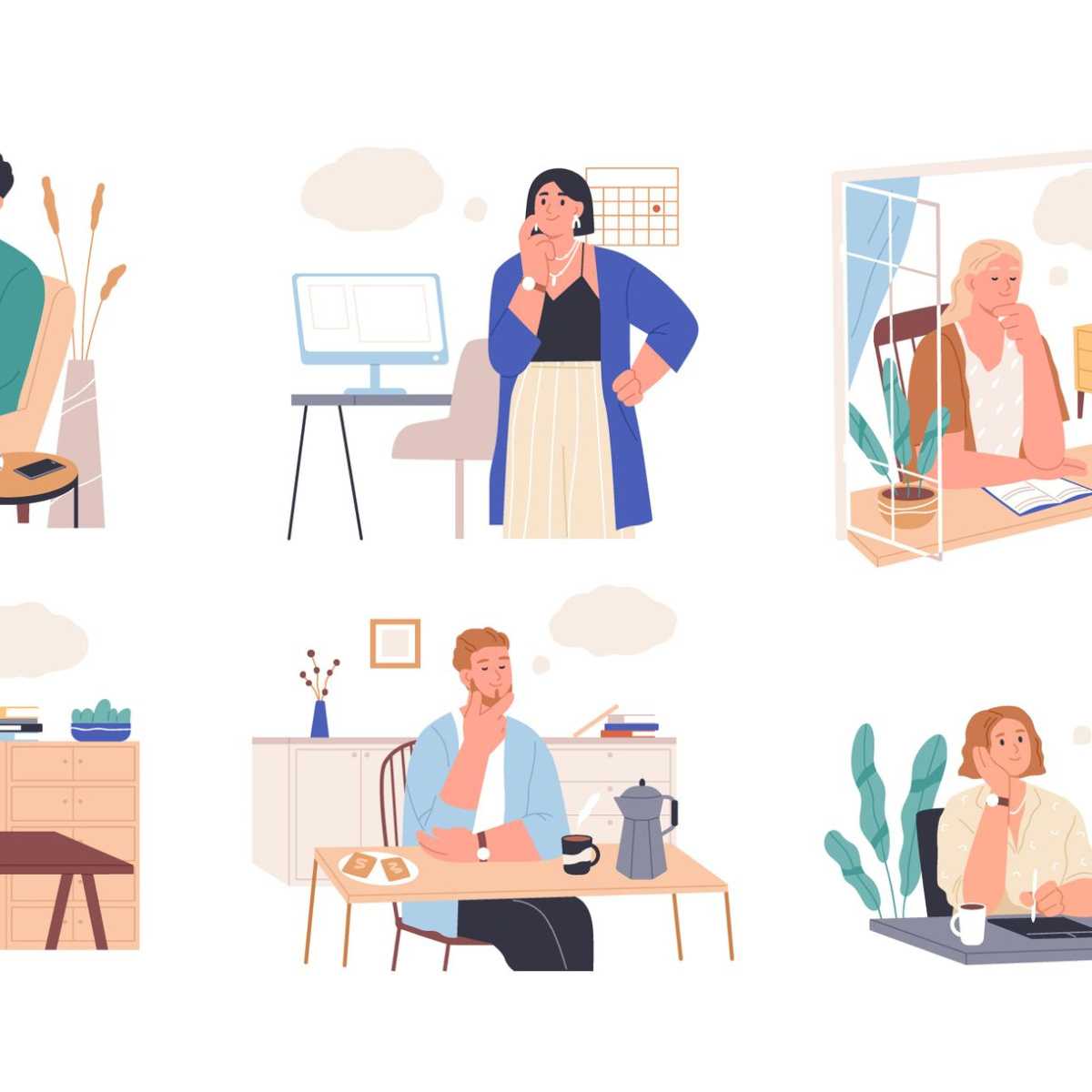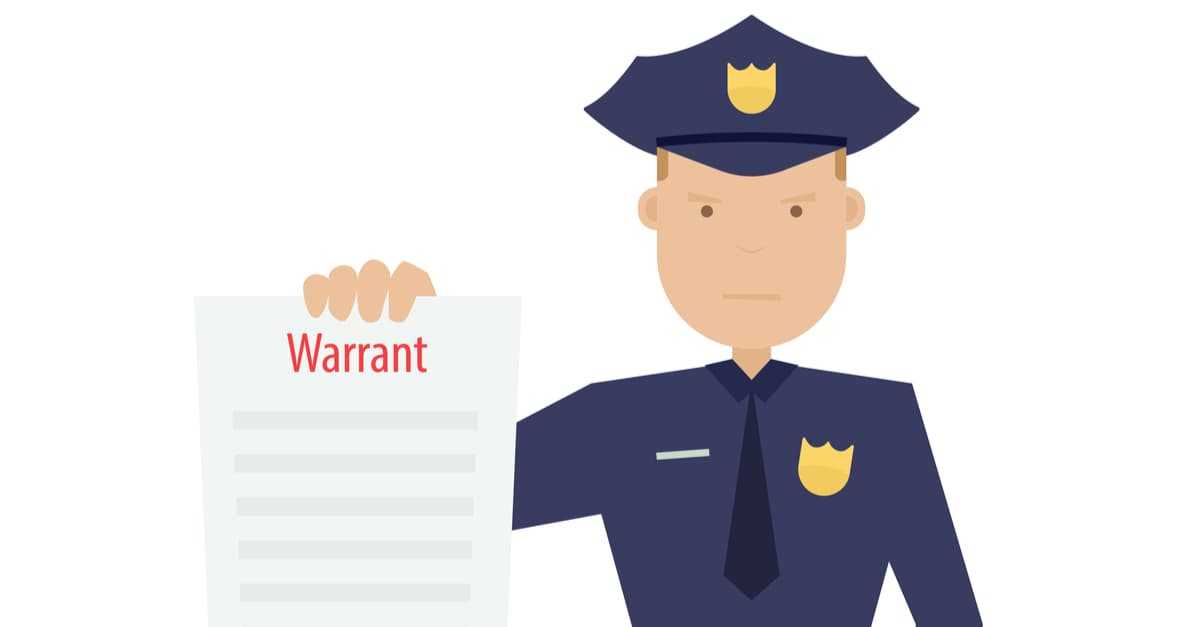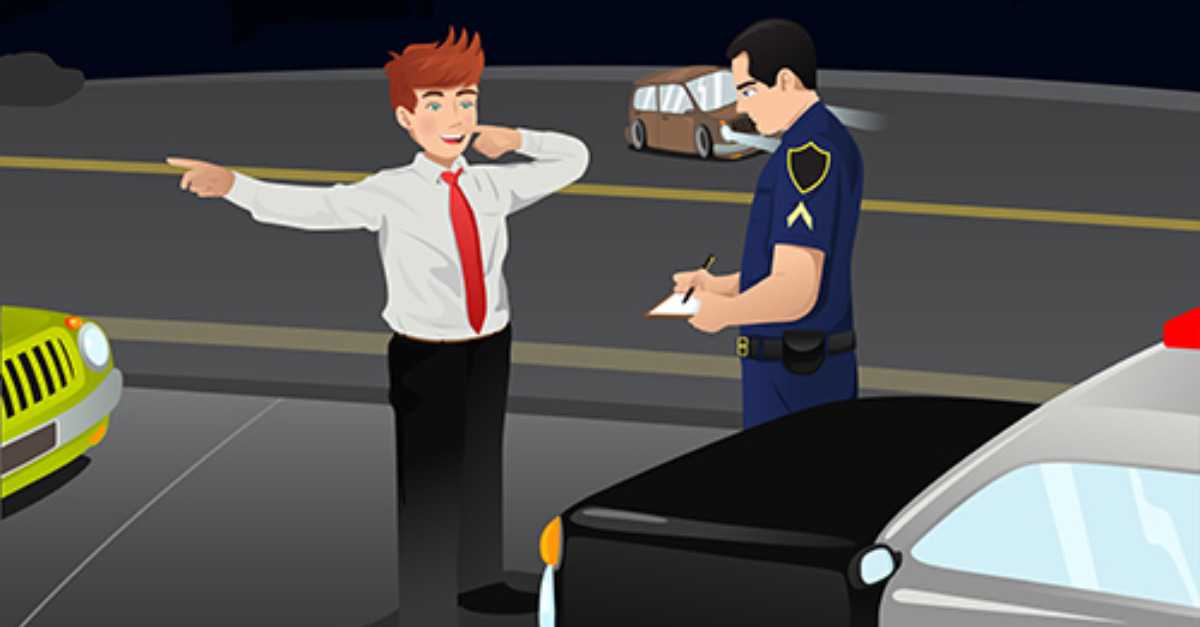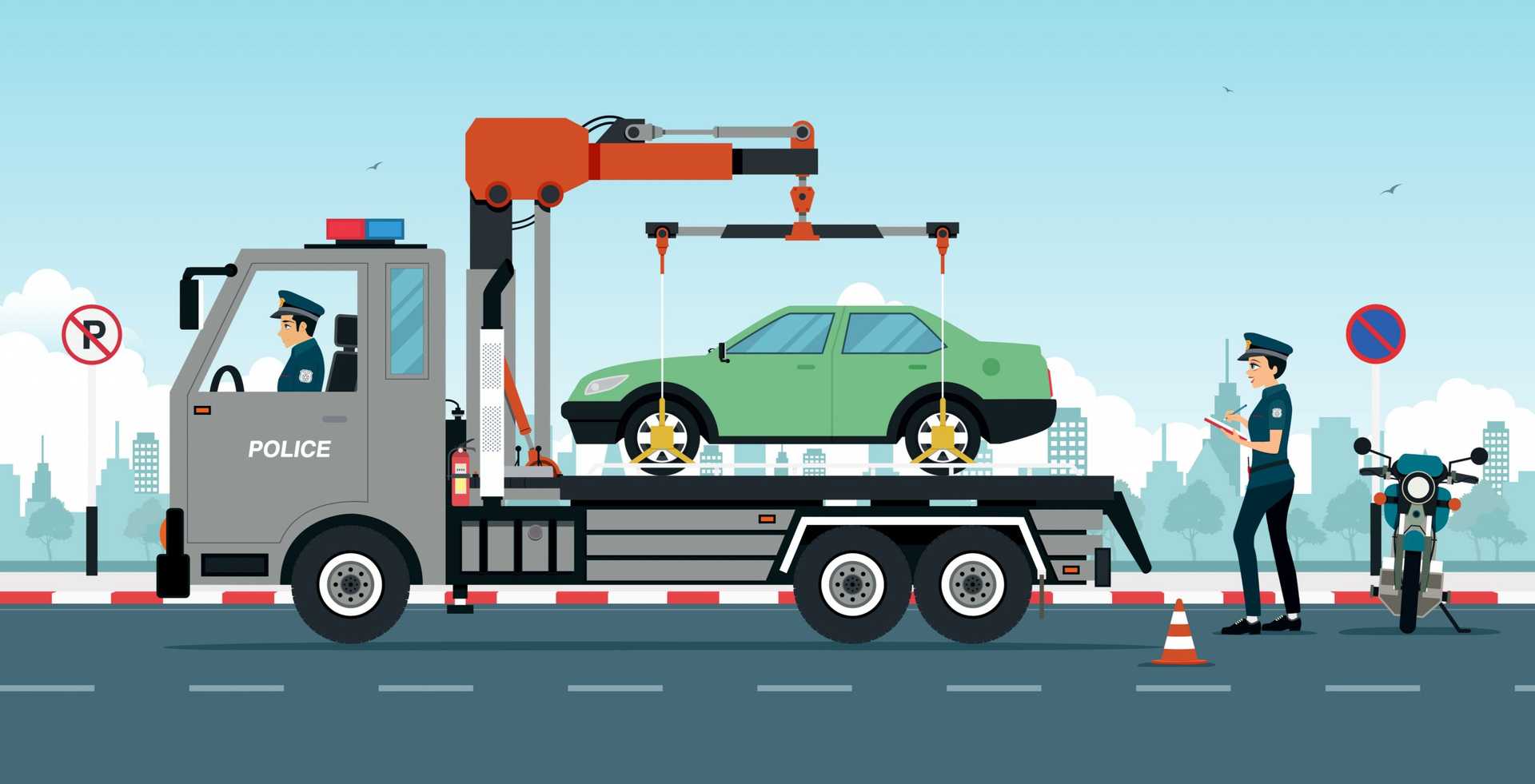Why it is so Important to Ask for a Lawyer
Introduction
Over the past 25 years, I’ve represented in criminal matters literally dozens of Police Officers, Border Patrol Agents, Corrections Officers, and local Court Officials.
One thing I’ve learned is that these public legal officials when they are confronted by the police make the same mistake that most of the rest of us do.
Today, I will teach you how to behave with the police.
Coercive Environment
First, it is important to understand right from the get-go that when the police pull you over, their flashing lights are not a happy invitation but a legal command that implicates your rights. See e.g. Delaware v. Prouse.
At least for those who of us have never been arrested before, being pulled over can be panic-inducing. And for everyone, even criminal justice professionals, it is still at the least naturally coercive. Everyone, almost without exception, tends to answer the police officer’s seemingly innocent opening questions at the side window.
Let’s take a common scenario. Let’s say a local DUI officer, pulls over my client, a veteran Border Patrol Agent, as he drives out of the parking lot of a popular Country Western club in northwest Tucson late Saturday night. The DUI officer comes up to my Border Patrol Agent’s window and polite- as- pie asks: “Good evening Sir, have you had anything to drink tonight?”
Let’s say my client answers “ No.” If that’s not exactly the case, his answer, usually recorded on a body worn camera, will be used against him to show that he, a federal law enforcement official, was not truthful with the police.
If on the other hand, my client answers truthfully “yes,” that too will be used as evidence against him.
So, there is no good answer, except for one.
Miranda
You may ask: But what about Miranda warnings? Good question. As you probably well know, in the famous case of Miranda v. Arizona the United States Supreme Court held that when a person is (1) “in custody” and (2) subjected to “interrogation” the Miranda warnings must be given. If not, (3) the “incriminating responses” may be “suppressed.”
A couple things to keep in mind: First, almost everybody when confronted by the police waives their Miranda rights and talks to the police and says all kinds of things that in the end hurt them. Even the police themselves. Why? Because the natural human response to the coercive environment of a police dominated atmosphere is to be cooperative.
Second, most DUI officers will only Mirandize a person after they’ve been formally placed under arrest for DUI, at the end of the investigation. Up to that point, all the standard questions—“where are you coming from?”; “Do you have any injuries to your head, eyes or ears?”; “Are you taking any prescription medications?” are not usually considered “custodial” for Miranda purposes.
Rosengren
The Fifth Amendment gives you the right to remain silent. The Sixth Amendment give you the “Right to Counsel.” That right is tightly woven into the fabric of federal and Arizona law and jealously guarded. Arizona Rules of Criminal Procedure Rule 6.1 provides that a suspect is entitled to the advice of counsel “as soon as feasible after [he or she] is taken into custody.” “That rule “recognizes that federal and state constitutional right to counsel.” Kunzler v. Superior Court, 154 Ariz. 568, 569, 744 P.2d 669, 670 (1987).
But it is important to remember that in Arizona the Right to Counsel is sometimes triggered before you are formally arrested, especially in a DUI so long as the police are detaining you in a way that your freedom of movement is substantially restricted.
State v. Rosengren is a case that is illustrative. 199 Ariz. 112, 115 (App. Div. II 2000). In Rosengren, the defendant was involved in an accident that resulted in the death of his passenger. 199 Ariz at 115. Rosengren, prior to formal arrest, was transported in the back of a police car to St. Mary’s hospital in Tucson, and asked to speak with his father who was an out-of-state attorney. The police denied such request. Id. After Rosengren requested to speak with his attorney father, and police declined, police then administered a horizontal gaze nystagmus test, a type of field sobriety test. After administering such test, police formally placed Rosengren under arrest and drew his blood. Id.
The State indicted Rosengren for manslaughter. Following an evidentiary hearing, the trial court found that police had violated Rosengren’s “right to consult with counsel of his choice in a situation where such would not interfere with the investigation” Id. at 115. The trial court then suppressed the results of the blood test and the HGN test. Id.
In affirming the trial court’s order suppressing the evidence for improper interference with the defendant’s right to consult with counsel prior to arrest, the court in Rosengren reasoned that suppression of evidence is the appropriate remedy in part because “our supreme court has stated that when the state unnecessarily denies a defendant right to consult an attorney, any evidence obtain following this violations of defendant’s right to counsel must be suppressed.” Id at 120 quoting Kunzler, supra, 150 Ariz. at 570; see also State v. Holland, 147 Ariz. 453, 455, 711 P.2d 592, 594 (1985) (state may not, “without justification, prevent access between a defendant and his lawyer, if available, in person or by telephone, when such access would not unduly delay the D[U]I investigation and arrest”).
Rosengren and your Rights During a Police Encounter
So, let’s go back to the scenario where the police come up to the side window of my Border Patrol Agent client’s truck and asks him: “Did you anything to drink tonight?” If my client answers “No” he can be viewed as a liar; if he answers “Yes,” he’s admitting something he’d rather not admit.
But what if the Border Patrol Agent or any other person, answers the standard police question: “Have you had anything to drink?” with a polite, “Sir, with all due respect, I’d like to speak with my lawyer”?
Based on my experience, police should honor that request and do so as soon as practicable. Based on my experience when the police refuse to allow my client to speak with an attorney, and doing so will not unreasonably interfere with an ongoing investigation, the judge may not like that, and may in some cases throw the case out.
And you’d be surprised how many police officers delay or otherwise interfere with that right.
The Courage to Ask for a Lawyer
But in that coercive environment of a police roadside late night stop, most us think, and not entirely mistakenly, that asking for a lawyer would make the police mad or would otherwise suggest that we are guilty. After all, why would you need a lawyer if you’ve got nothing to hide?
So my basic advice to my clients is (1) Always be polite – Yes, Sir, No, Mam— that kind of courtesy; and (2) respectfully ask to speak with a lawyer, right away, from “Hello how are you tonight” and to do so in courteous response to each and every question. Requesting a lawyer is the one safe answer you can give.
Recommended Articles

Driving under the influence (DUI) is a serious crime in Arizona. If you have been arrested for DUI, it is important to understand your legal rights.

This blog will address what you can do to win a DUI case for parked cars and how to avoid, hopefully even getting charged.

The Supreme Court in a 9-0 opinion held that when a minor offense alone is involved, police officers can't enter the home without a warrant.

First, let’s figure out what kind of DUI it is. They’re usually misdemeanors unless there’s been an accident.

Today we’re going to talk about parked cars. Police sometimes approach you when you’ve legally parked a vehicle and are using it as a stationary shelter.

About Michael Harwin
Michael’s skill and experience have been recognized repeatedly. He holds an A-V 5/5 preeminent rating by Martindale Hubbell. He has been named one of the top lawyers in Arizona by Southwest Superlawyers, and one of the best lawyers in Tucson by Tucson Lifestyle Magazine. He also has been named one of the best lawyers in the United States by BestofUS.com , and given the highest rating possible by AVVO, 10/10 Superb. Amazon Books



